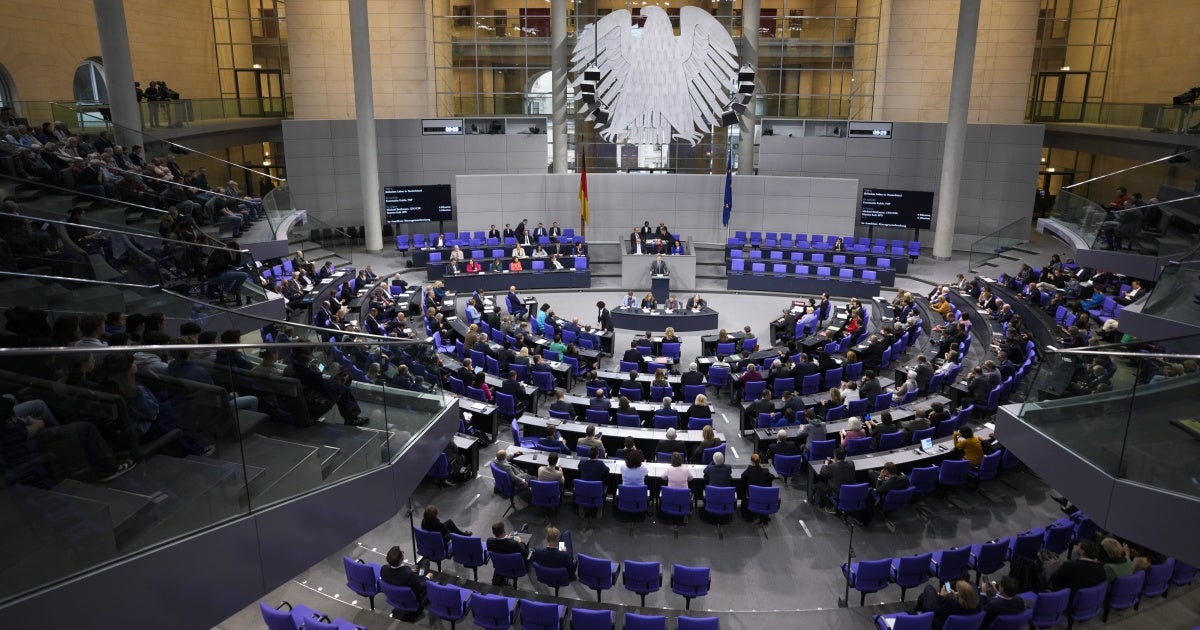A resolution adopted by the German Bundestag last week on curbing antisemitism and protecting Jewish life could negatively impact civil society and free expression in the country.
Germany’s concern about antisemitism is justified and, given its history, understandable. It is a pressing issue emanating from both the far right and the left and needs to be taken seriously.
But Germany has found itself in a muddle on the issue because it treats defending Israel—a foundational issue for the modern German state—as identical to the protection of Jews from hate in Germany. While there is no doubt that some use criticism of Israel as a proxy for antisemitism, Germany’s approach is so broad that it encompasses people and organizations whose criticism has no antisemitic intent.
As a result, Germany has cracked down on legitimate criticism of the actions of the Israeli government, including on Jews and Israelis, academics, civil society and artists, who face restrictions on their rights to expression and protest, alongside funding cuts and bans on organizations.
That’s the context for the new resolution, first introduced by the coalition government a year ago, and negotiated in secret without broad civil society input. While nonbinding, it is likely to be influential.
The resolution calls for funding cuts and bans for organizations, including in the arts, where projects question Israel’s right to exist, call for boycotts against Israel or support the BDS movement, among other things. It seeks to ensure the effectiveness of relevant criminal and immigration law. While the resolution acknowledges far right antisemitism, it attributes the recent rise in antisemitism to increased immigration from North Africa and the Middle East.
There are major concerns in Germany about the resolution, including from civil society, academics, Jewish artists and intellectuals, and lawyers. There are fears it will open up new avenues for abusive enforcement, further chill free expression, peaceful assembly, and free association, and risk stigmatizing migrant communities, while downplaying homegrown antisemitism in German society including from the far right.
The answer to Germany’s antisemitism must come from within Germany. The authorities should focus on bringing German society together to protect Jewish life in the country, including through education and intercultural dialogue. Focusing on Germany and the need to protect the rights of everyone in society should allow antisemitism to be addressed without undermining other fundamental values in the country.



